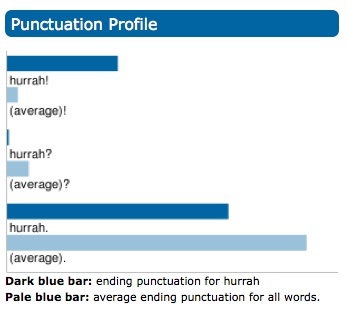Today’s word of the day is arenose, an adjective meaning “full of sand” or “sandy.” It comes from the same Latin root as the word arena, which originally meant “a sandy place” and was often used to mean “a sand-strewn place of combat in an amphitheater.” It’s most often used to describe soil or land. James Bell in his Travels in the Great Desert of Sahara wrote in 1848, “The soil of the Fezzan oases is indeed mostly arenose, and the dates are nearly all impregnated with fine particles of sand, which takes place when they are ripe, and very much lowers their value.” Words that are approximateley synonymous with arenose include arenaceous, arenarious, arenilitic, and arenulous.


